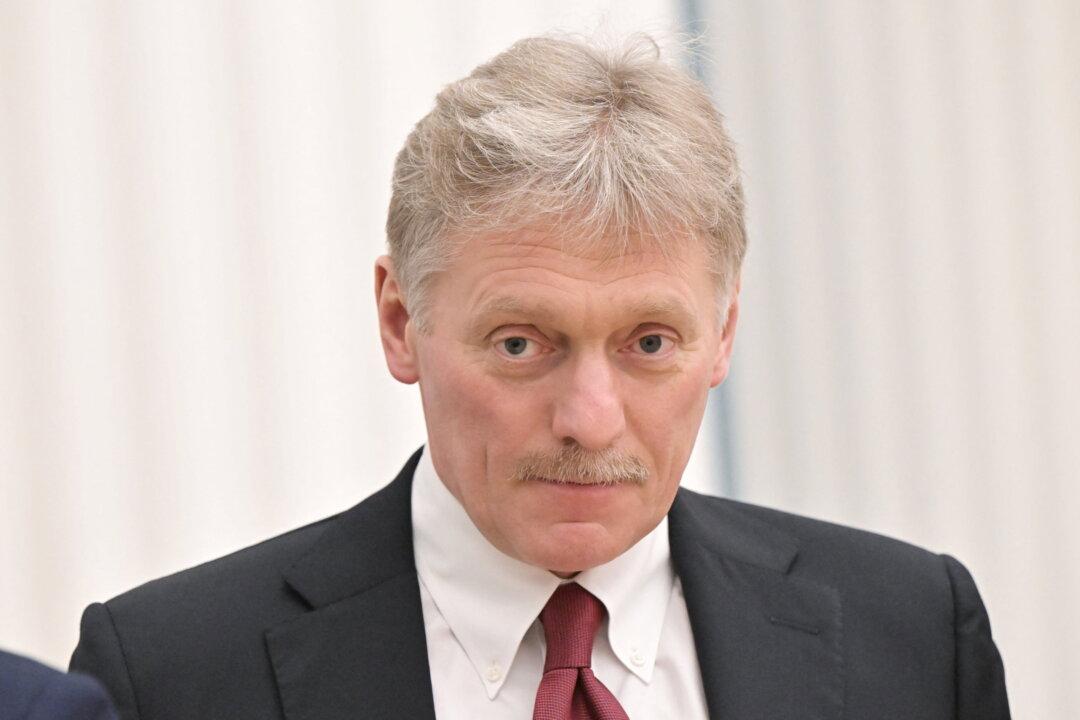MOSCOW—The Kremlin said on Friday that Russian forces’ withdrawal from Kherson would not change the status of the region, which Moscow has proclaimed part of Russia after moving to annex it from Ukraine.
Russia claimed Kherson and three other Ukrainian regions after holding what it called referendums in September—votes that were denounced by Kyiv and Western governments as illegal and coercive. But on Wednesday, in a major retreat, it announced its forces would pull out of Kherson city in the face of a major Ukrainian counter-offensive.





